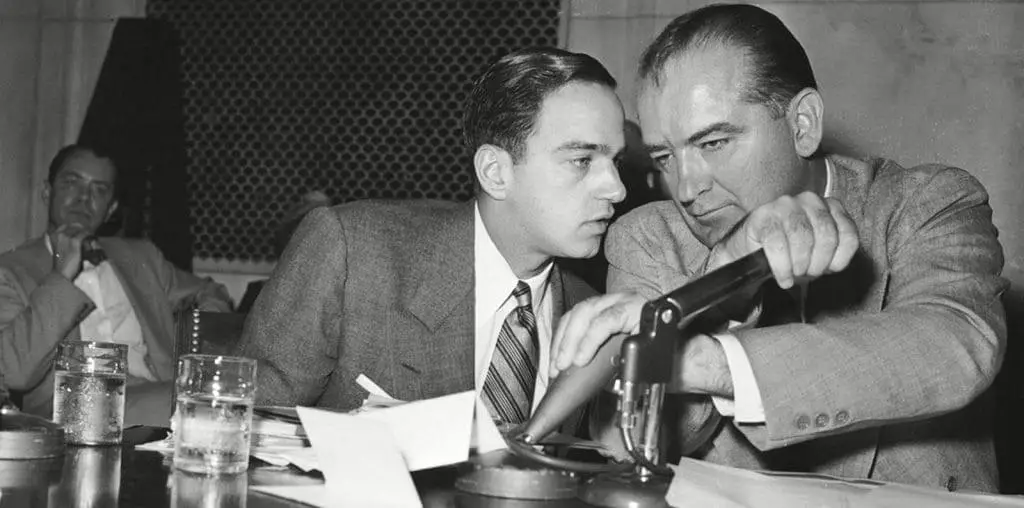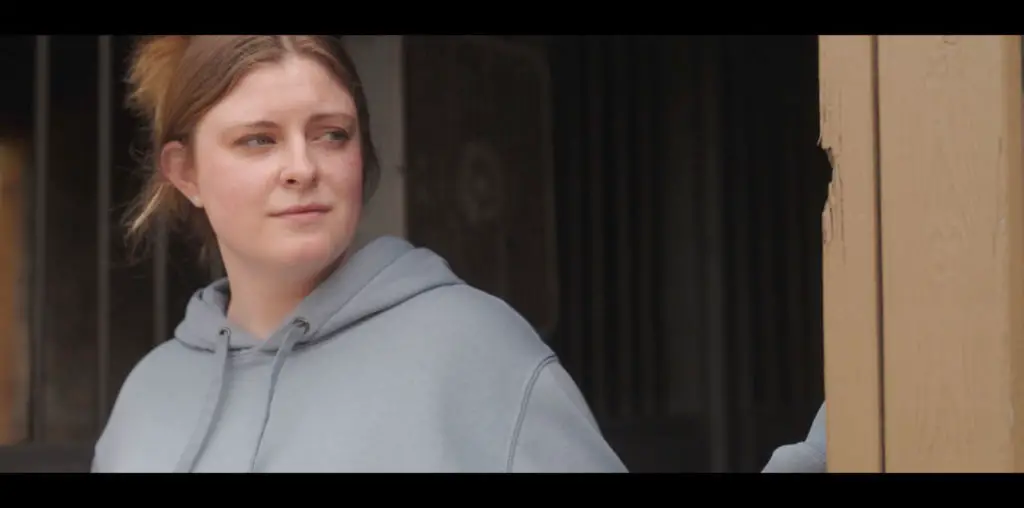
So let’s talk Ms. Purple. Give us the story real quick.
It’s about estranged siblings, a brother and sister, Casey and Carrie, who reconnect during the final days of their father’s life. Casey, the sister, works as a karaoke hostess to help pay for the hospice care for her dad. There’s a lot of themes of filial piety and sibling responsibility, who’s supposed to do what. As you can see between Gook and this film, there’s a lot of themes of family. This film is set in Koreatown. It’s becoming so gentrified, I always wanted to tell a story about two kids that grew up there, because I know a lot of them. I feel like some times like they’re forgotten children. As the world keeps turning, they’re just sitting still.
So it’s a film about also knowing that you’re not alone. And that might not necessarily be, you might not necessarily find a connection in your own community, might be a neighboring community. In this case, it’s the Chicano community.

Justin Chon – star/writer/director Gook
“…I just wanted to make a quieter film, much more intimate.”
Let’s go back to Gook a little bit. What was the evolution from Gook to this? How did this story come about?
So I’ve been wanting to tell this story for, I don’t know, maybe five, six, seven years. And once Gook happened, that was also personal and my family went through the riots. But I just wanted to make a quieter film, much more intimate. Specifically the brother and sister dynamic, because I have a younger sister, and I think is very particular. Because you’re not of the same gender and how do you communicate? You can’t fight each other.
Brothers, they fight or even get physical. Sisters, they can just say what they feel. But brother and sister, there’s a communication barrier. That’s it came from. And the evolution was like, “Okay, after Gook I got a lot of offers to make much bigger films.” But the instinct was to make a film right away and to get even more minute and specific. And then if I can do that well then after that I can kind of open up and see what the possibilities are. So that was the idea behind making Ms. Purple.
When you say specific, what do you mean?
Specific in the sense that like the specificity of the culture, relationships, in specifically Koreatown. There’s such specificity in these characters that are unlike anywhere else in the nation. But because it’s specific, there are so many universalities to it that people feel like, “Oh yeah, I have a brother, I have sister. I know what it’s like to care for an ailing father. I know what it’s like.” There are so many things that after screening the film, responses I’ve got from a lot of people that have been so across the board. But that comes from it being so specific.


